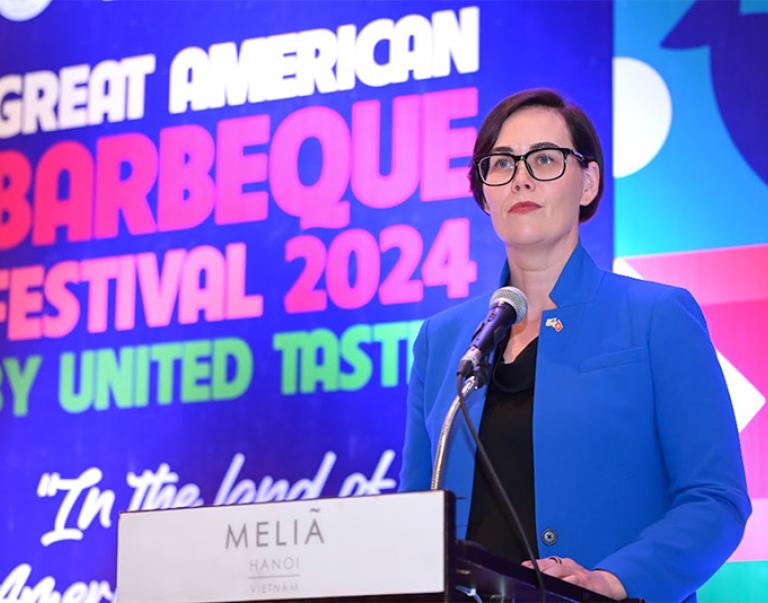While Todd Corley, senior vice president for Inclusion & Sustainability at Carhartt, didn’t begin his career in the change management or diversity and inclusion fields, the Jesuit concept of cura personalis or the “care of the whole person” certainly motivated his actions and interests. This concept involves providing individualized attention to the needs of others, while focusing on each person’s unique circumstances, concerns, gifts and insights.
Corley started his career as a financial analyst after graduating from Le Moyne College in New York, but quickly realized that type of work wasn’t meant for him because he “wanted to do something that felt more meaningful”.
“I was talking to people who were thinking about change and relational behavior, and that made me think there was something else. So, I just pivoted from there,” he said.
When he earned his MBA degree in Organizational Development and Change Management from Georgetown University in the late 90s, the field of diversity and inclusion was just starting to grow and develop.
“I was taking a chance that I would find something else that I would really love to do, something around people,” he said. “And everywhere I went, I was just looking for ways to be a steward or somebody who helped people figure out how to be their authentic selves and the work on diversity just started to come together.”
And taking that chance has proven successful for Corley. Since making his career change, he has held diversity-related positions and volunteer posts in a variety of industries including an Ohio-based health care network and another national clothing brand.
In his newest role as a volunteer member of USDA’s Equity Commission, Corley views himself as a bit of a “mad scientist”, pondering how to bring all the necessary elements and perspectives together in the right combinations to make lasting, meaningful change at USDA.
Corley is one of 28 members appointed to USDA’s Equity Commission in February 2022. Each committee and subcommittee member, who serve two-appointments, brings a specialized understanding of their individual field and professional niche. Working together, the commission and its subcommittees will evaluate USDA programs and services and recommend how USDA can reduce barriers for accessing them by implementing transformative changes.
“This work is really about having all the stakeholders around that table so they can have the right conversations and hear all the things that have to be done,” he said.
Then the committee will need to parse through all those perspectives and figure out the “common threads” for making the most impactful recommendations, according to Corley. “And maybe that’s where change management comes into play to help us figure that part out,” he said.
After he submitted his application, Corley didn’t think he would be considered because he didn’t have an in-depth working knowledge of USDA. But he does bring the experience of building “an infrastructure and ecosystem that supports equitable practices” while holding those responsible accountable for their actions.
“The biggest challenge for me, honestly, is learning how government works around big change issues,” he said.
His motivation, or goal, for joining the Equity Commission is to help empower change that “actually sticks”. “I certainly would love people from the black community to benefit from this, obviously, but I also think about the tribal and LGTBQ community and people with different abilities and different challenges. To me again, it goes back to my Jesuit experience---care for the whole person,” he said.
And he hopes the outcome of this work is a growing trust in USDA. “That people will believe going forward that additional change will come out of other committees,” he said. He wants USDA customers to know and believe that the Secretary and staff will “do the right thing” with credible intentions.




